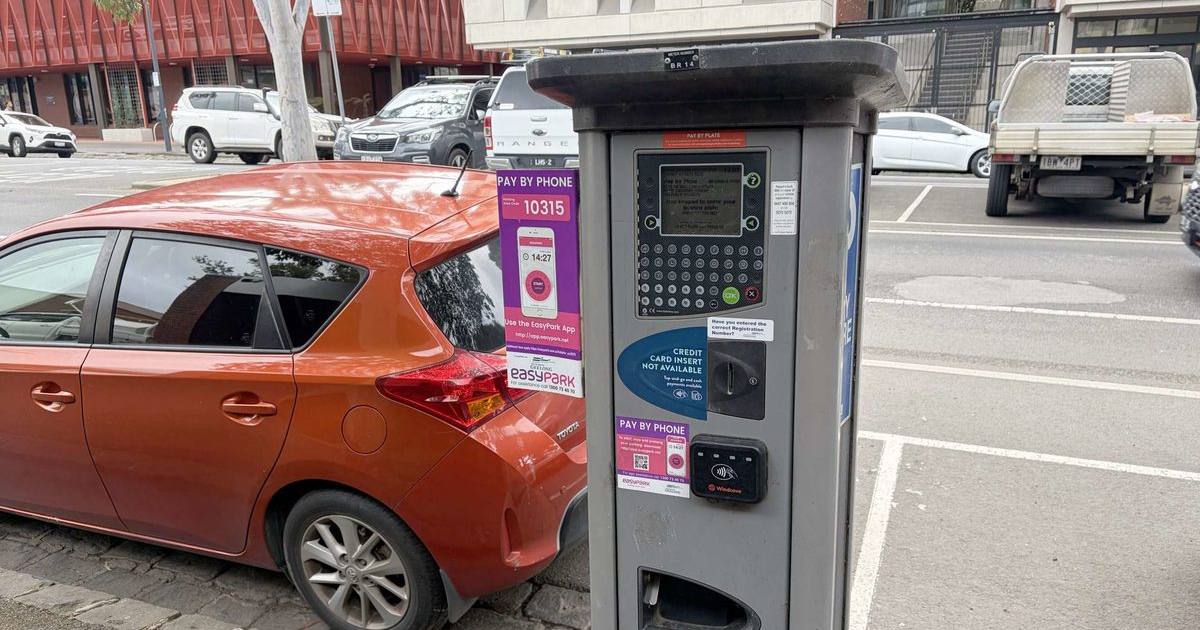Deakin research to improve textile recycling

REACH and Samsara Eco are collaborating on a way to recycle textiles and plastics into products with new-quality performance. Photo: MIKE DUGDALE
DEAKIN University’s Recycling and Clean Energy Commercialisation Hub (REACH) has joined forces with Samsara Eco to fast-track world-first technology that could finally recycle textiles and plastics.
Textile waste is one of the world’s most persistent environmental issues, driven by fast fashion, high consumption and poor disposal practices.
In Australia, synthetic fibres such as nylon and polyester make up almost 60 per cent of the materials used in clothing.
However, as less than 1 per cent of discarded garments recycled into new clothes, most end up in landfill or are incinerated, adding to pollution and harmful emissions.
Samsara Eco’s AI-designed enzymes break down fossil-fuel derived materials such as synthetic fibres, including nylon 6,6 and polyethylene terephthalate (PET) into their original building blocks or monomers, allowing them to be rebuilt into new products with new-quality performance.
The collaboration will see Samsara Eco use Deakin’s advanced chemical analysis and polymer processing expertise to find recycling solutions for specific additives such as dyes, finishes and coatings present in textile waste.
‘We are laser-focused on creating true circularity and that means finding a solve for all plastics,” Samsara Eco founder and chief executive officer Paul Riley said.
“This research supports our efforts to make this a reality.
“We’ve already come a long way with our enzymatic recycling technology, which can infinitely recycle PET and nylon 6,6 plastics used for clothing and other textiles, including mixed fibres and plastics. Our research collaboration with Deakin will support our efforts to recycle more waste at speed, scale and with precision.”
Unlike mechanical recycling, which degrades the quality of materials and limits recyclability, Samsara Eco’s enzymatic depolymerisation technology aims to rebuild worn or contaminated textiles into materials as good as new.
“Our research tackles a critical challenge in textile recycling – understanding how dyes, textile finishes, coatings and other chemical treatments affect the breakdown and rebuilding of synthetic fibres, including other types of polyester and nylon to repurpose into new products,” Deakin’s School of Life and Environmental Sciences biotechnology chair Distinguished Professor Colin Barrow said.
“We are exploring solutions by analysing these contaminants and determining their impact on textile recycling processes, to make it possible to produce high-performance recycled materials from all types of waste feedstock.”
Associate Professor Chris Hurren from Deakin’s Institute for Frontier Materials is also collaborating on the project.
“By testing how these materials perform in real-world polymerisation and processing, we’re helping to refine the recycling pipeline and bring closed-loop textile recycling closer to commercial reality,” he said.
Samsara Eco has a 10-year agreement with activewear brand lululemon to support about 20 per cent of its overall fibre portfolio with its recycled materials.

















